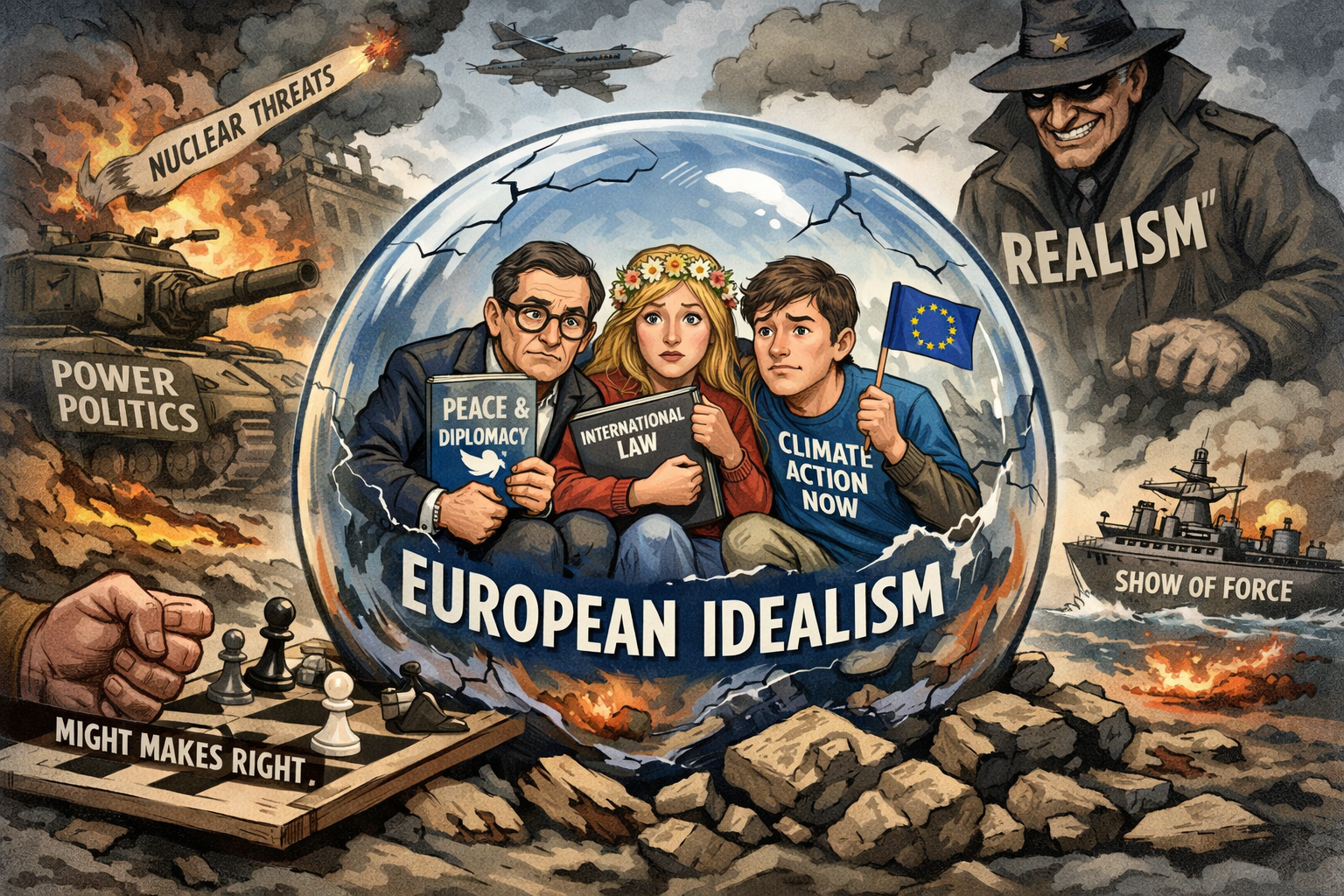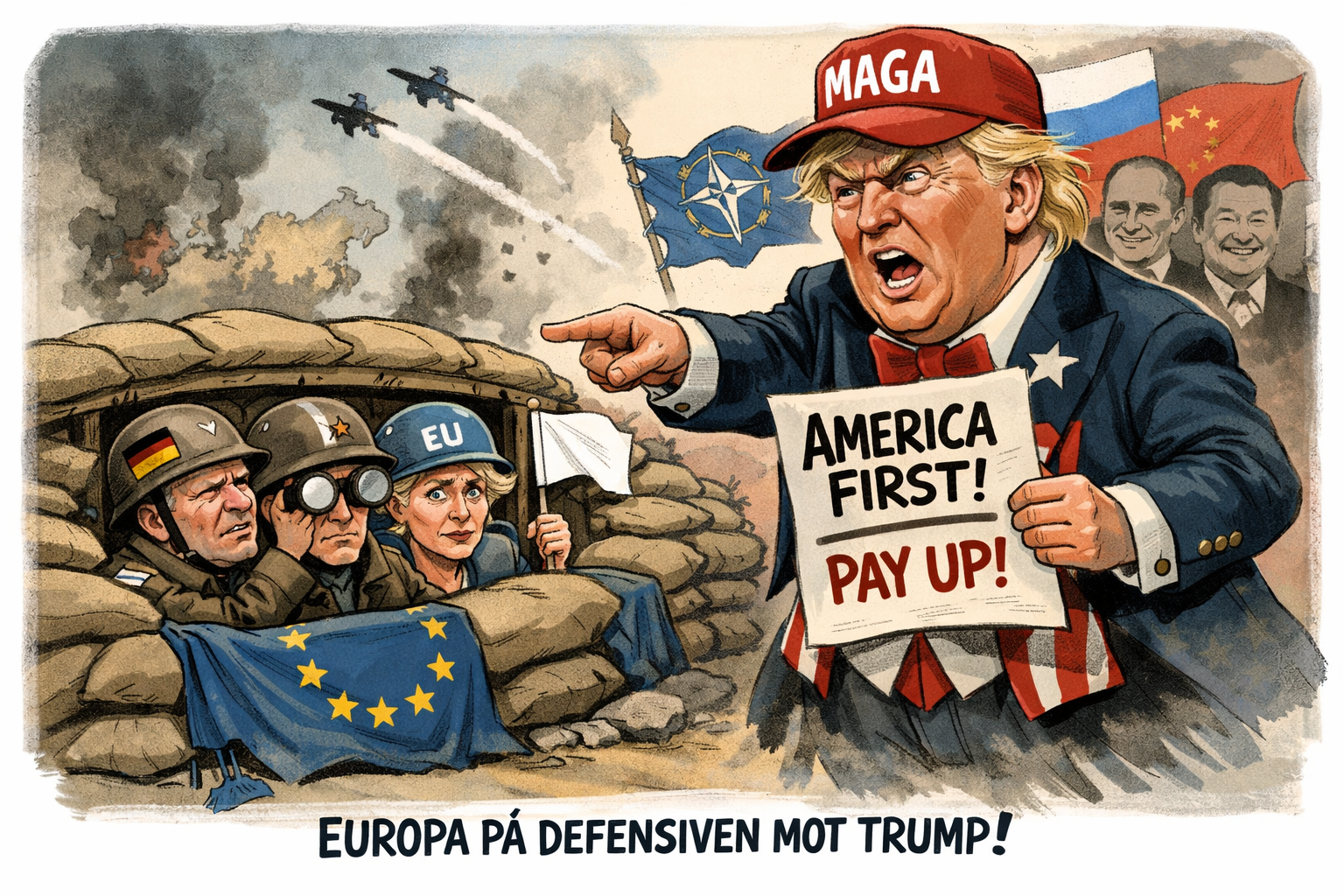A region likely to underperform in the medium to long term.
Published in The European Spectator, March 23 2012
Amidst the first green shoots of an American economic recovery Europe is finding it harder to break out of the slump. The region has a growth problem. A computer metaphor may help illustrate. Most people have, at one time or another, had their laptop infected by the malware that has dramatically reduced its performance. In this analogy Europe is infected by seven different Trojans:
1. Bad demographics. Over the last decades, Europe has seen a fundamental change in its population structure. Our continent is heading towards the demographic version of a head-on collision. Fertility rates in many countries is so low that the population will collapse – there are simply too few fertile females in the population to reverse the trend. With fewer babies being born, the population on average grows older. Ever more welfare recipients funded by ever fewer taxpayers is an equation that won’t add up.
2. Poor education. The last fifty years, Europe has over time handed leadership in higher education to the United States. Americans win the most Nobel prizes, have the top-rated universities. Europe is simply not good at modern higher education. Europeans stay in school for too long, often until they are well into their 30’s and they study the wrong things. Degrees there is little or no demand for in the private sector. As a result many Europeans have student loans, but no job.
3. Government elephantiasis. There is a genuine tension between the private sector and a state that eats ever more of the pie. Government expenditures as a percentage of gross national income in industrialized countries has risen from 18.4 percent in 1920 to 47.7 percent in 2009. The private sector has proved flexible, staying profitable through austerity. Governments in the crisis-affected economies are finding it difficult to shed jobs and cut costs. Countries of the south piled on debt to pay for public services they can ill afford.
4. Over-centralization. Europe’s strength over the centuries has been diversity. Different states having chosen different solutions to the same problems in an atmosphere of intense competition has fostered innovation. EU’s penchant for ‘integration for integration’s sake’ is likely part of the problem. The most obvious example is the euro. A common monetary policy for such diverse economies makes little economic sense. The Euro facilitated a borrowing bonanza that helped trigger the crisis.
5. Weak entrepreneurial spirit. Much of Europe’s industry has emigrated. As the US rebuilds its manufacturing sector, Europe puts it’s faith in growing ‘new’ industries. The problem is that ‘innovation’ is mostly an empty slogan. According to McKinsey productivity has declined in Europe, compared with the US. The Global Entrepreneurship Monitor shows that young entrepreneurs make up just over 4 percent of the adult population in Germany, Italy and France, while the figures for the U.S. and China are respectively are 7.6 and 14 percent.
6. Unprofitable immigration. Much of the immigration to Europe is driven by “supply” rather than by “demand”. Europe has been slow to select skilled immigrants. Many European countries are now having belated immigration audits. The ‘open door and generous welfare system’ –model has failed to deliver on a societal and on an economic level. The result: A disturbing correlation between ethnicity, religion and culture on the one hand and socio-economic status on the other.
7. Postmodernism. Mentality is the x-factor. Europeans seem more concerned with protecting what they have, rather than going out and getting what they want. In limbo between abandoning its national framework and a yet-to-be-reached political substitute Europe finds it hard to ask its people for sacrifices for the sake of the future. Postmodernism has hit Europe harder than the rest. The collective “we” has gotten smaller and smaller. It dissolves. In a Europe of minorities the ability to pull together is diminished.
The reason why the financial has taken deeper hold in Europe is that the reversal has triggered inherent contradictions in the regional economy; unresolved problems that were labeled ‘challenges’ and left to linger. That old mantra: “We all know what to do, we just don’t know how to get re-elected after we’ve done it”. The by-now chronic infections will likely preclude Europe from the easy way out, to simply grow out of the crisis. – Asle Toje, Department of Political Science, University of Oslo.




